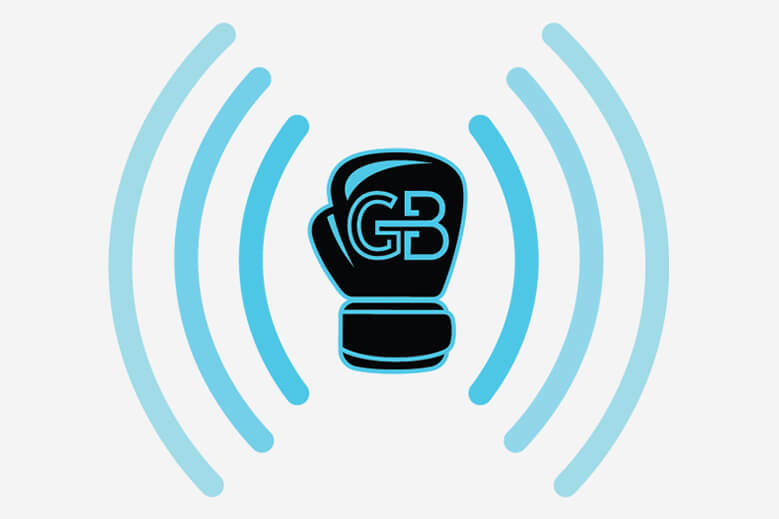We can’t live it and we can’t live without it – I’m talking about the world’s most addictive drug, otherwise known as caffeine.
Hidden behind sweet aesthetic coffee shops and artistic baristas, sits the world’s most addictive stimulant that most of us don’t think twice about consuming.
This is most definitely not a bash to one of our favorite smoothie additives. We would never go Judge Judy on our favorite friend caffeine, however being aware of the amount of stimulants we consume is extremely important.
So – I know we all find ourselves asking why can’t we just live in a hate-free world where caffeine is served fountain style at every meal? Here’s the kicker, caffeine in large amounts doesn’t necessarily work for the benefit of your health.
Caffeine in large quantities (around 5 or more cups a day) can lead to an increase in anxiousness, trouble sleeping, irritability, fast heartbeat, and affect the lining of your stomach causing abdominal pains.
We are all familiar with the negative aspects of consuming too much caffeine, so why can’t we just stop drinking it? Well, it all starts upstairs – in your brain. As that first sip of caffeine makes its’ way through your blood stream, it enters the brain and affects the nerve centers that control your neurological reward system. Basically, that sip of caffeine triggers your brain to feel those good emotions you get when you turn in your full 10 punches for a free bagel at your local coffee shop or when your phone battery is fully charged. All kinds of those winning feelings start to rush through your body and make you feel as though you are ready to take on the world.
These emotions are caused by the release of dopamine in your brain that reinforces good behavior, making you want to repeat the activity again and again. This release is what makes caffeine so hard to cut back on because your mind is telling you yes, while your body could be giving signs that its’ saying no.
Enough being a Debbie downer, let’s get to the good aspects of our favorite caffeinated drinks!
As you all know, caffeine is the ultimate tool to stimulate the central nervous system and improve concentration (hence, the reason behind our healthy-ish addiction). Does this stimulation mean that coffee can actually make you smarter?
Studies show that coffee blocks the inhibitory effects of adenosine and instead increases firing in the brain and the release of other neurotransmitters such as dopamine and norepinephrine. This can make general brain function such as memory, vigilance, and reaction time improve greatly. Not to mention, the firing of these key neurotransmitters can greatly improve our mood.
We also can’t forget the effect caffeine can have on your athletic performance and metabolism, which might just be our favorite.
Studies show that caffeine raises metabolism and increases the oxidation of fatty acids, turning you into a fat burning machine when supplemented with the correct diet. Sign me up!
Not only is your morning cup of Joe aiding your metabolism, it can also reduce your risk of type 2 diabetes, which can be a life-style related disease that inflicts around 300 million people around the world. This disease is rooted in an inability to produce insulin or becoming insulin resistant. This was shown in a study performed by Harvard School of Public Health (HSPH) researchers who found that those who decreased their coffee consumption, increased their risk of type 2 diabetes by 17 %. On the other end of the spectrum, those who increased their coffee consumption lower their risk by 11%. All our bets are on team coffee.
There’s one more reason to love your caffeinated beverage, coffee has been linked to multiple studies showing that it is great for your liver. A cup of coffee a day showed that it may lower your risk of liver cancer by at least 40% as it aids in repairing the damage alcohol and too much fructose can do to this vital organ.
Okay, just one more fun fact about coffee – it’s loaded with antioxidants. One cup contains:
- 6% of the RDA for pantothenic acid (vitamin B5)
- 11% of the RDA for riboflavin (vitamin B2)
- 2% of the RDA for niacin (B3) and thiamine (B1)
- 3% of the RDA for potassium and manganese
The truth is, caffeine isn’t bad for your body if consumed in moderation.
So, how do we balance the good with the bad and create a lifestyle centered around a healthy consumption of caffeine?
One to three cups of coffee is a healthy dose to keep you on your toes, but of course keep in mind that every body is different. For some, having a coffee past three o’clock in the afternoon means no sleep for the next twelve hours. Be mindful of how your body is feeling and know when to cut back if you’re experience symptoms such as nervousness and insomnia.

